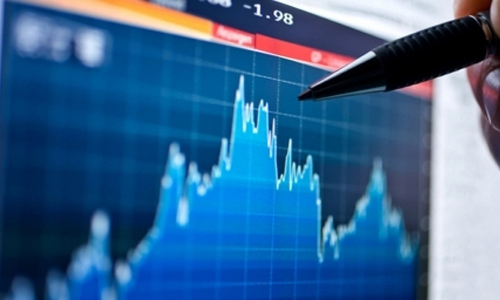IN the midst of a crisis, whether it’s battle or crime or, in the case of most of the world, a pandemic, there is no time to stop and assess the damage. People and institutions and governments do what they can; there is an emphasis on taking extreme measures for life preservation, the pulling out of all the stops.
It is only later, after the storms have passed, that there is time to assess the cost of the cataclysm. It is then that the losses are tabulated and inventories made; the enumeration of what has been lost is essential if plans are to be made for the continuation of life and the realisation of the future.
The world is in the middle of a crisis now. The disease that has stumped the world, for which no scientist has yet been able to discover a cure, rages on more than five months since it first emerged on the world stage. The shutdowns and the lockdowns, the too-fast reopening, the return to lockdowns, are still pausing and playing the world like a sordid game of musical chairs.
The assessment of damage will come only once this dark moment has passed. Only then will be seen what the impact of so much death and so much loss has been.
The economic costs alone will be staggering. According to economists Carmen and Vincent Reinhart, the global economy will never be the same. Unlike past financial crises, the truly global nature of this one means the damage will be far reaching, involving each and every country.
According to the World Bank, nearly 60m people will be pushed into poverty and the global economy will shrink by 5pc this year.
According to the World Bank, nearly 60 million people will be pushed into poverty. Already, the alarms are being sounded: the World Bank has forecast that the world’s economy will shrink by five per cent this year, the United States Bureau of Labour Statistics has forecast the worst unemployment figures in 72 years, and the Bank of England has announced the most dire forecast that the country has faced since 1706.
Some of the world’s richest consumers are likely to be flailing, and, as they do, so too will they spread the cost to those whose goods and services they were in the habit of purchasing. The manner in which the domino effects of economic crises elsewhere impact people everywhere and the persistence of these issues for longer than ever before is what qualifies what’s coming as a ‘depression’, as opposed to a mere crisis.
Pakistan has not been impacted by Covid-19 as have some of the worst-hit countries. Recently, the credit rating agency Moody’s changed Pakistan’s credit rating to ‘stable’ (it had been under probation for a downgrade). That may be welcome but it unfortunately does little to cushion the impact of what is on its way. The policies being used by developed and industrialised nations to stabilise their economies are the culprit. Even as the virus abates, the restrictions on borders, foreign workers and students are likely to persist amid fears of some new pandemic.
Even more troubling is the shrinking of global trade. Between 2008 and 2018, global trade growth had already fallen by half. According to the World Trade Organisation, trade is supposed to fall further, by 30pc or more in 2020.
As many have pointed out, Pakistan largely had no plan to deal with the pandemic. The government, it appeared, just shrugged and said whatever will be will be. While demographic factors like a young population and lower degree of urbanisation may have helped prevent the virus spread in Pakistan, skirting the economic consequences of the virus will be far trickier. The low price of oil means that Pakistan’s ability to export labour and hence collect remittances will be impacted. The reduction in worldwide demand for raw materials will likely deal another blow. The border controls imposed for Covid-19 will not just magically disappear when the pandemic abates or when a vaccine is discovered. They will be part of the longer-term legacy of this dark time.
Rich countries will protect their citizens through any number of social welfare programmes. A country like Pakistan has no such safety net, leaving most people to rely on family members to survive catastrophes. These familial networks will not be a successful source of support, given the widespread nature of the economic pain caused by the pandemic.
After all, when people are suffering themselves, they are unlikely to have the ability to help others. More people will be thrown into dire economic circumstances without recourse.
Instead of revelling in the glory of improved credit ratings, the Pakistani government should use the rest of the time during this ongoing crisis to develop a comprehensive plan to deal with the economic aftermath of the pandemic and the ‘pandemic depression’ that is likely to follow. Poor countries cannot eliminate the adverse economic consequences that are foisted on their citizens, but they can, with better planning, mitigate those effects.
The government could, for instance, create alternative employment schemes for labourers and other workers who cannot return to their jobs in the Gulf states and in Saudi Arabia. An expansion of public health-related government schemes such as the Lady Health Workers programme could be expanded not just to deal with the vaccination needs of the population but also to provide employment to families who may be struggling.
People in Pakistan know not to rely on the government for anything. It is time that Pakistani governments begin to be ashamed of this fact rather than revel in it while refusing to take responsibility for the people. At the outset, the prime minister instructed the population that they “shouldn’t panic”; it is now time for the government to panic and prepare a plan for the future.
The writer is an attorney teaching constitutional law and political philosophy.
Published in Dawn, August 12th, 2020




































